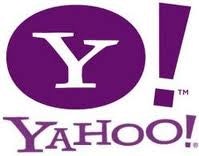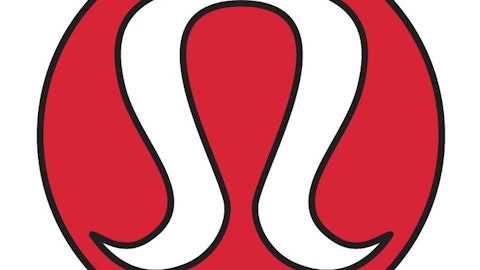Remember Nasdaq 5,000? How about Nasdaq 500? The famed tech-heavy index reached 500 points for the first time on April 12, 1991, two decades after it was created. That day, the entire market was in a good mood after a report showed that the Consumer Price Index (a common measure of inflation) fell for the first time in five years. The Dow Jones Industrial Average closed at 2,920.79 that day, compared to the Nasdaq’s 501.62-point finish.
The growth of the Nasdaq and the Dow, presented here side-by-side over various time frames, offers some interesting insight to the difference between exclusive but presumably stable indexes and broader but more speculative measures of market health:
| Time Frame | Nasdaq Total Growth | Dow Total Growth |
|---|---|---|
| Nasdaq’s creation to Nasdaq 500 | 400% | 231% |
| Nasdaq 500 to Nasdaq 1,000 | 100% | 62% |
| Nasdaq 1,000 to Nasdaq 5,000 | 400% | 111% |
| Nasdaq’s creation to Nasdaq 5,000 | 4,900% | 1,035% |
| Nasdaq’s creation to 40-year anniversary | 2,697% | 1,287% |
| Nasdaq 5,000 to financial-crisis low | (75%) | (35%) |
| Nasdaq 5,000 to 10 years later | (53%) | 6% |
| Nasdaq 500 to 20 years later | 449% | 335% |
Even though the Nasdaq still comes out ahead in both shorter and longer timeframes, recent history has been most unkind to the tech-focused index. An investor seeking returns from Nasdaq stocks would still be far ahead of a Dow investor today, if both had held since 1971 — but a Nasdaq investor who had switched loyalties after the dot-com peak would have done a bit better. It can be exciting to chase big gains in smaller stocks, but if they all go far beyond their normal measures of value at the same time, it can be years (or decades) before those stocks ever return to their former heights.
Three cheers for this Nasdaq stock

The IPO would in many ways resemble the much larger (though less immediately successful) Facebook Inc (NASDAQ:FB) IPO that occurred 16 years later. Several analysts noted the intense level of retail-investor interest pushing share prices higher than otherwise expected. As would be the case with Facebook Inc (NASDAQ:FB), this interest was driven strongly by Yahoo! Inc. (NASDAQ:YHOO)’s then-leading market position and powerful brand name in the rough-and-tumble environment of the young Internet. Manish Shah of the IPO Maven newsletter told CNET that he was “expecting it to shoot up and then die down within at least a week. … My recommendation is to stay away from it as much as possible.” Steve Harmon of Mecklermedia said to “give it time until the large buyers bail out. … Don’t jump on the adrenaline ride unless you can handle the free fall.” David Menlow of IPO Financial Network told Bloomberg Business News that “there is no explanation for these kinds of values, and retail investors will get left holding the bag.”
Hold the bag they did — all the way to the bank. Yahoo! Inc. (NASDAQ:YHOO) was one of the dot-com bubble’s most extraordinary beneficiaries, rising to a market cap well north of $120 billion at its peak. This growth brought IPO shareholders returns of nearly 7,800% in less than four years. Even after this unsustainably high valuation evaporated, Yahoo! Inc. (NASDAQ:YHOO) remained significantly more valuable than it had been at its IPO. A decade later, shares still clung to gains of more than 2,100% from Yahoo!’s IPO. Even an insanely overvalued stock can be a good investment, so long as you don’t get in at the height of market mania. Does that mean Facebook will someday be a megamultibagger, too? That might be a bit of a stretch: Its 2012 IPO valuation was more than 100 times Yahoo!’s valuation in 1996.



